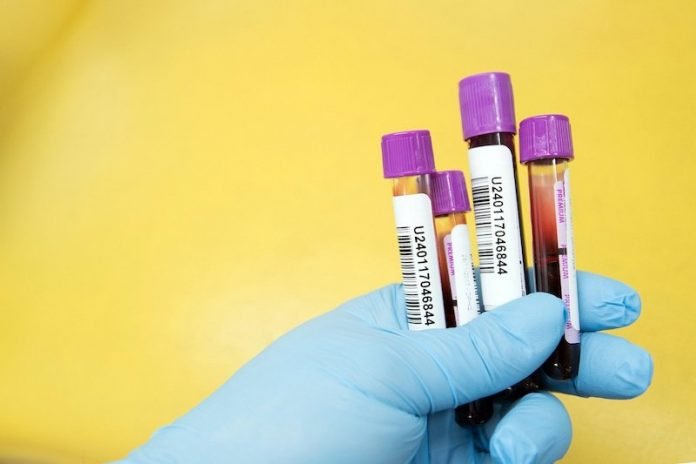
In a new study, researchers found that a unique brain protein measured in the blood could be used to diagnose Alzheimer’s disease decades before symptoms develop.
The study is the first to find that people with elevated glial fibrillary acidic protein (GFAP) in the blood also have increased amyloid-beta in the brain, a known indicator of Alzheimer’s disease.
The discovery offered a promising new avenue for early diagnosis.
The research was conducted by a team at Edith Cowan University.
GFAP is a protein normally found in the brain, but it is released into the blood when the brain is damaged by early Alzheimer’s disease.
Alzheimer’s disease affects more than 340,000 Australians and more than 35 million people in the world. The current diagnosis involves a brain scan or spinal fluid tests.
In the study, the team tested 100 Australians aged between 65 and 90 years of age with no symptoms of Alzheimer’s disease.
They found that the GFAP biomarker could be used to develop a simple and quick blood test to detect if a person is at a very high risk of developing Alzheimer’s.
They say that blood biomarkers are becoming an exciting alternative to the existing expensive and invasive methods of diagnosing Alzheimer’s disease.
Early diagnosis is critical to allow us to implement medication and lifestyle interventions that can help delay the progression of the disease and give people more time before symptoms develop.
According to the team, the development of an early blood test for the disease will be revolutionary.
They think more diagnostic blood tests may be used for Alzheimer’s in the next few years.
Further research is needed to understand GFAP in Alzheimer’s disease.
One author of the study is ECU Professor Ralph Martins AO.
The study is published in Nature journal Translational Psychiatry.
Copyright © 2021 Knowridge Science Report. All rights reserved.



